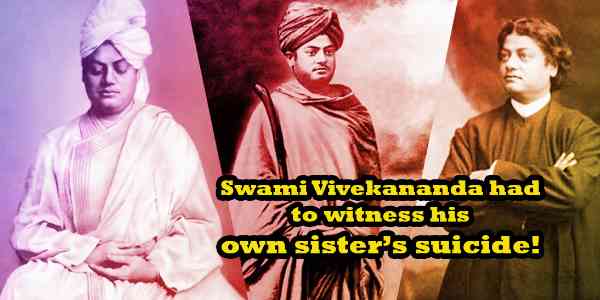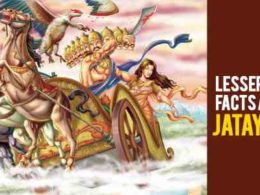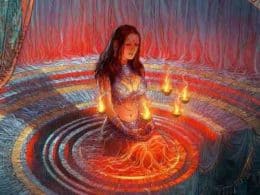One of the greatest monks of India, Swami Vivekananda, was a disciple of the Indian mystic Sri Ramakrishna Paramhansa. Remembered by his speech in America that began with the words "Sisters and Brothers of America…", he was a Hindu monk who preached the principles of non-dualism and the Advaita Vedanta which were first propagated by Sri Shankara Acharya. He is responsible for the establishment of the Ramakrishna Mission and the Ramakrishna Math at Belur, West Bengal. Read on to take a peek into his short, yet meaningful life.
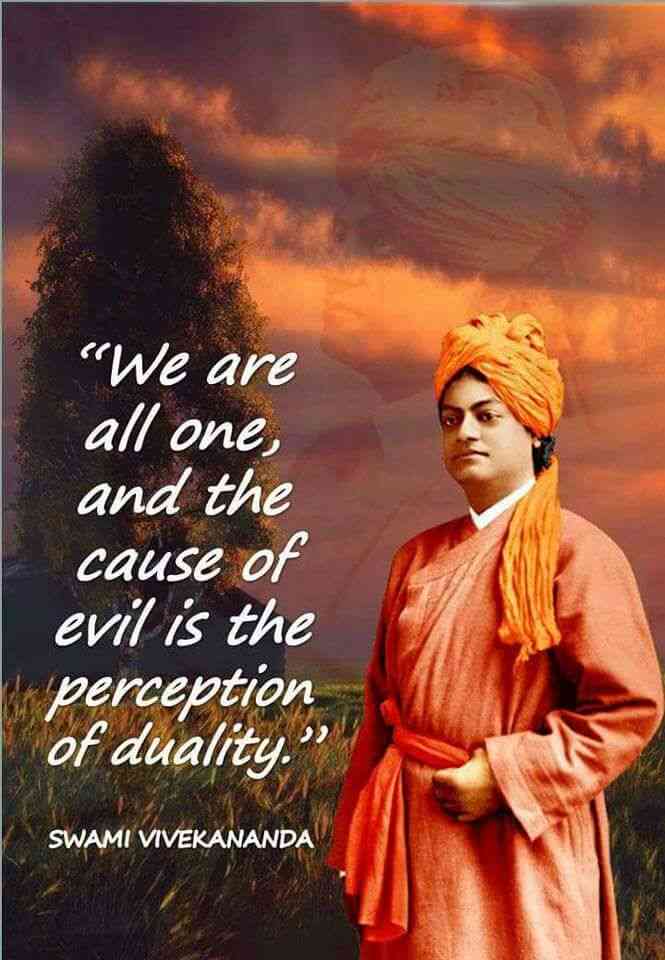
1. His birth and push into poverty
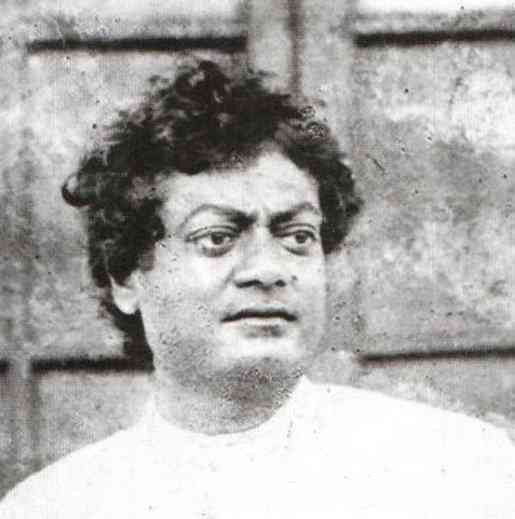
Narendranath Datta (his birth name), was born to a well-off family in Kolkata on January 12, 1863. Soon after his father, Vishwanath Datta succumbed to high diabetes in 1884, Narendra and his family were thrown into utter poverty.
2. His noble nature at a young age!
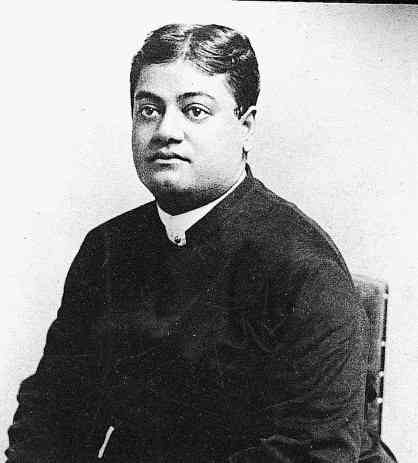
Due to poverty and acute shortage of food, Narendra would often lie to his mother about having an invitation for lunch, so that the rest of his family could have enough to dine.
3. Swami's studies, in which he shone, according to the standards of those years
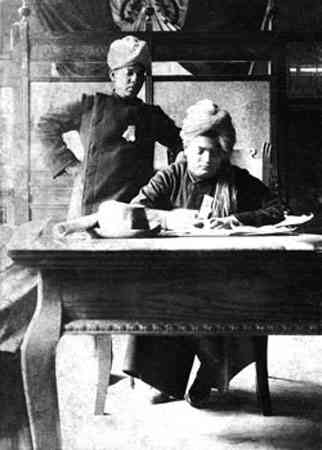
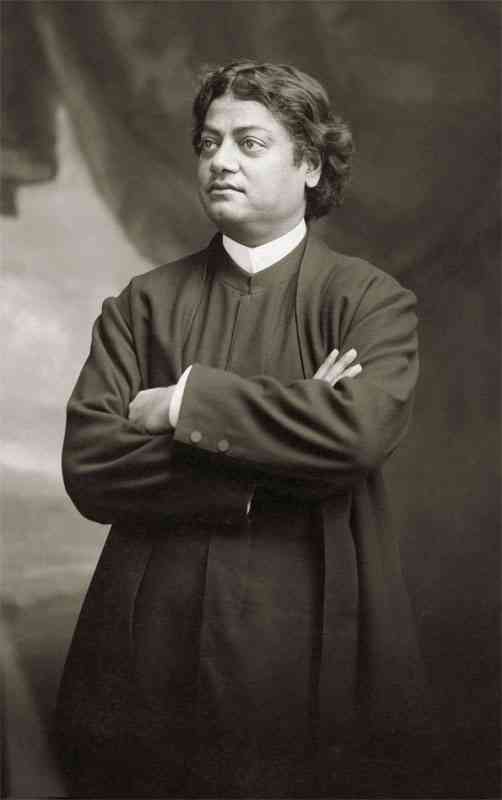
Narendranath studied at the polished Metropolitan Institution school in Calcutta. Later he went on to score about 47% in his University entrance tests, 46% in First Arts Standard (FA) and finally 56% in Bachelor of Arts (BA), which was a big deal back then.
4. Numerous women who were enamored of him!
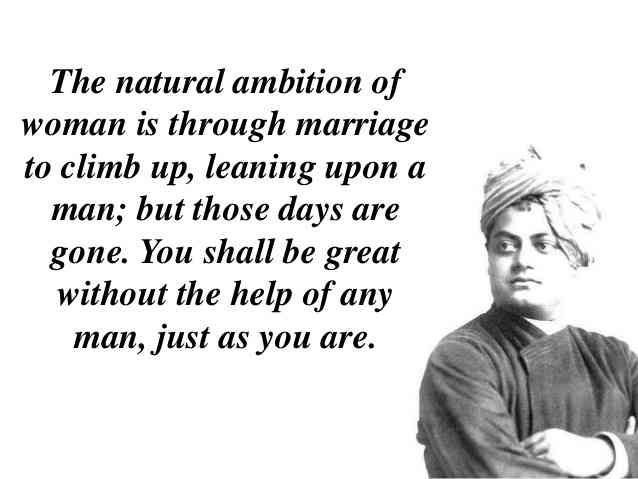
When the handsome Narendanath's family hit the lowest levels of financial crisis, many well-to-do women tried to woo him with money and beauty, but Naren wasn't one to budge to all these cheap tactics, for he had once said to a woman "Shun these worthless desires and call upon the Lord".
5. Narendranath's arrogant ways!
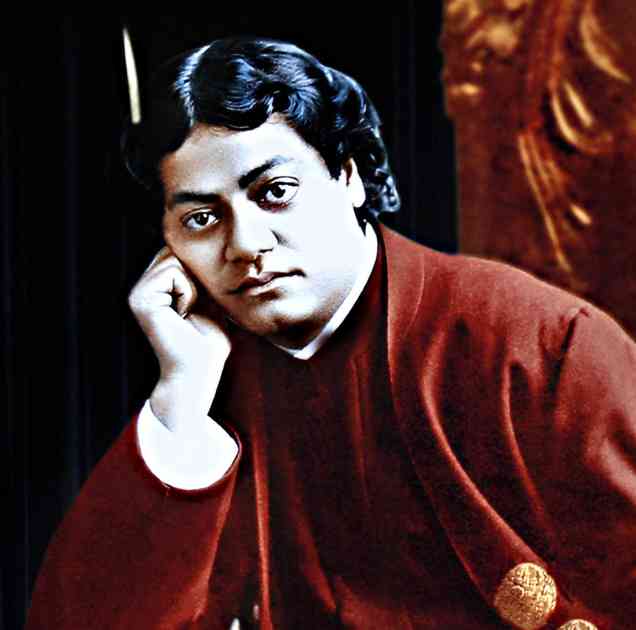
Even after securing a BA degree, Naren was unemployed and as a result lost faith in God. He used to yell loudly, "God doesn't exist". On of his neighbors had complained that he was one of the most arrogant people he had ever seen and that he sang loudly and even smoked cheroot (a cigar with both ends open) before the elders.
6. His family was thrown out of his own house
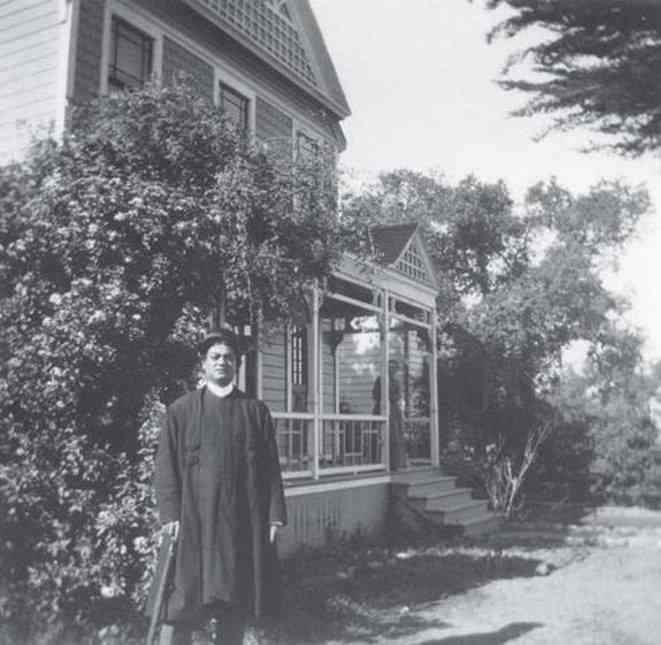
His treacherous aunt Gyanadasundari ousted Naren and his family from his ancestral house after the death of his uncle Taraknath. He sued her for the house and fought the legal battle for nearly 14 years (the pathetic situation of our law & order hasn't changed much even today). On 28 June 1902, just 6 days before his death, he finally gave up and settled by paying a compensation to his aunt.
7. Vivekananda's sister took her own life!

In the year 1891, the younger sister of Swami Vivekananda, Jogendrabala committed suicide at Shimla, when she was only 25 years of age. This led a grief-stricken Narendra to go further away from his family ties.
8. His long list of ailments
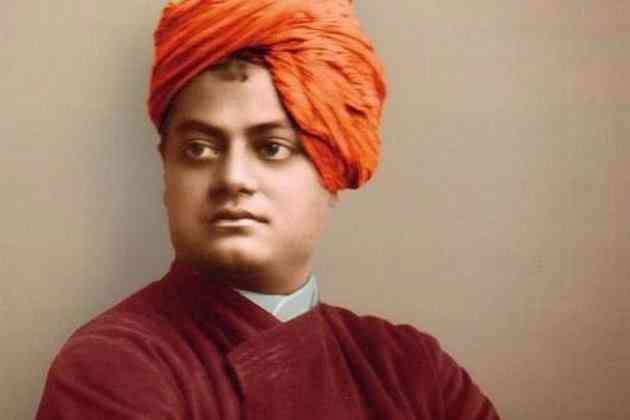
In his short life of 39 years, Swami suffered from as many as 35 diseases. Chief among them were: migraines, tonsillitis, diphtheria, asthma, liver problems, gallstone, loss of vision in his right eye, chronic insomnia, diabetes and Bright’s disease (acute nephritis).
9. The royal financial arrangement for his mother
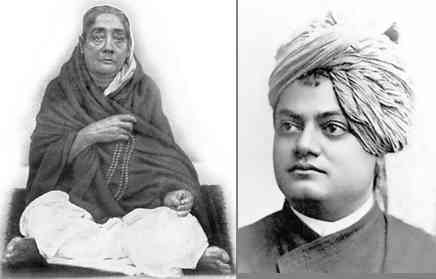
Ajith Singh, the Maharaja of Khetri, used to send Rs.100 to Naren's mother for her livelihood regularly. This was one of the most closely guarded secrets of the Datta family.
10. His unmatched concentration power!
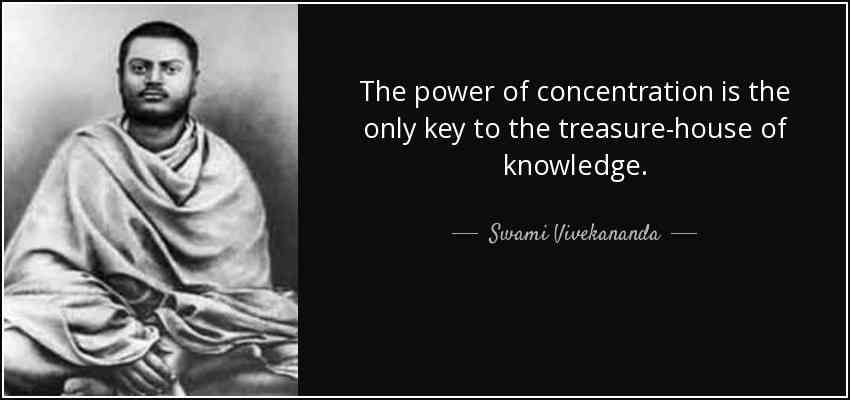
Swami Vivekananda was a voracious reader. He borrowed several books from the library and returned them the very next day. The librarian suspicious of Vivekananda's quick return of books tested him to see if he had actually read them. Surprisingly, not only had he read them but knew certain parts of the books as they were. Such was the power of concentration of Vivekananda!
11. His brilliant analogy regarding idol worship
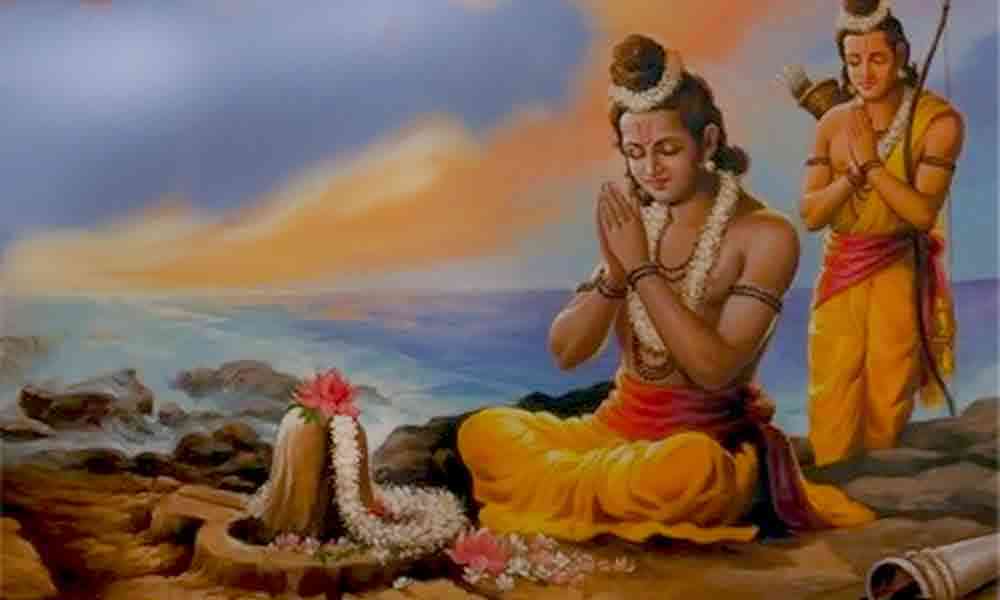
The ruler of Alwar (now Rajasthan) had once invited Swami to his court where he expressed that he doesn't believe in idol worship. Swami then asked the ministers to spit on a portrait of the ruler. When they refused to do so citing respect for their king as the reason, Swami then said, "The same thing applies to the idols, even though there aren't actual Gods present within them, people worship idols in the image of God, respecting and revering the idols as Gods, worshipping the stones, wood and the water as Gods."






